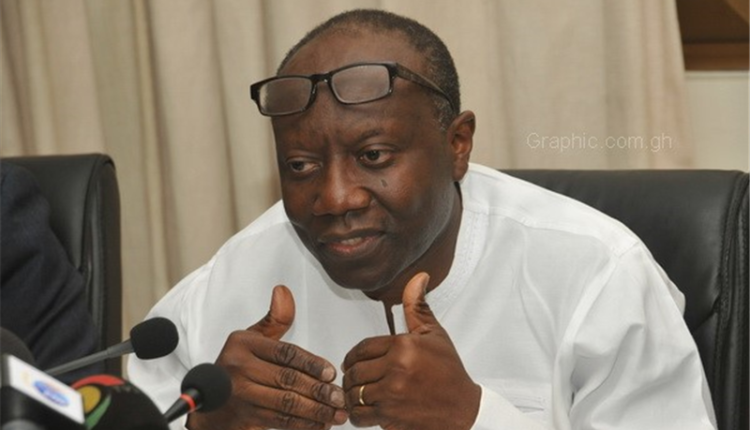Ofori-Atta promises another domestic programme to complement Ghana Cares
After two years of implementing the Ghana Cares’ Obaatan Pa’ programme, there will be another domestic initiative to boost the economy as Ghana seeks an International Monetary Fund (IMF) bailout, Finance Minister Ken Ofori-Atta has announced.
Presenting the 2022 Mid-Year Fiscal Policy Review to parliament on Monday, 25 July 2022, Mr Ofori-Atta said: “We (government) are currently developing an Enhanced Domestic Programme to complement the GhanaCARES’ Obaatan Pa’ programme to return us to a path of macroeconomic stability, debt sustainability, robust growth and a Ghana Beyond Aid. We expect this programme to be the basis of our negotiation with the IMF”.
“In the coming months, we will continue to optimise and support our flagship programmes and make strategic investments in the real sector to increase production, enhance productivity, and create jobs,” he added.
The objective is to scale up the positive impact of the ‘Obaatan Pa’ programme.
The ‘Obaatan Pa’ initiative is a three-year comprehensive programme to mitigate the impact of the COVID-19 pandemic, return the country to a sustained path of robust growth, and create a more resilient and transformed economy.
According to him, the government has acknowledged the need to review the project following the increasing cost of living and other adverse effects on the citizenry.
“The state of affairs is quite a painful one for me to report to you; it is hard to see our people lament about the prices of basic commodities; these are difficult times for government and, indeed, for the Finance Minister.”
Mr. Ofori-Atta also admitted the difficulties facing Ghanaians due to the Russia-Ukraine war and Covid-19.
“Towards 2022, Russia invaded Ukraine, a situation that worsened the already weakened global supply chain exacerbated by high conditions.
“These have had a debilitating toll on the cost and standard of living of our people. Mr. Speaker, food prices are rising, fuel and transport fares are up, the cost of borrowing for businesses and for households has increased, the cedi has depreciated, and the economic outlook has dipped significantly.”


